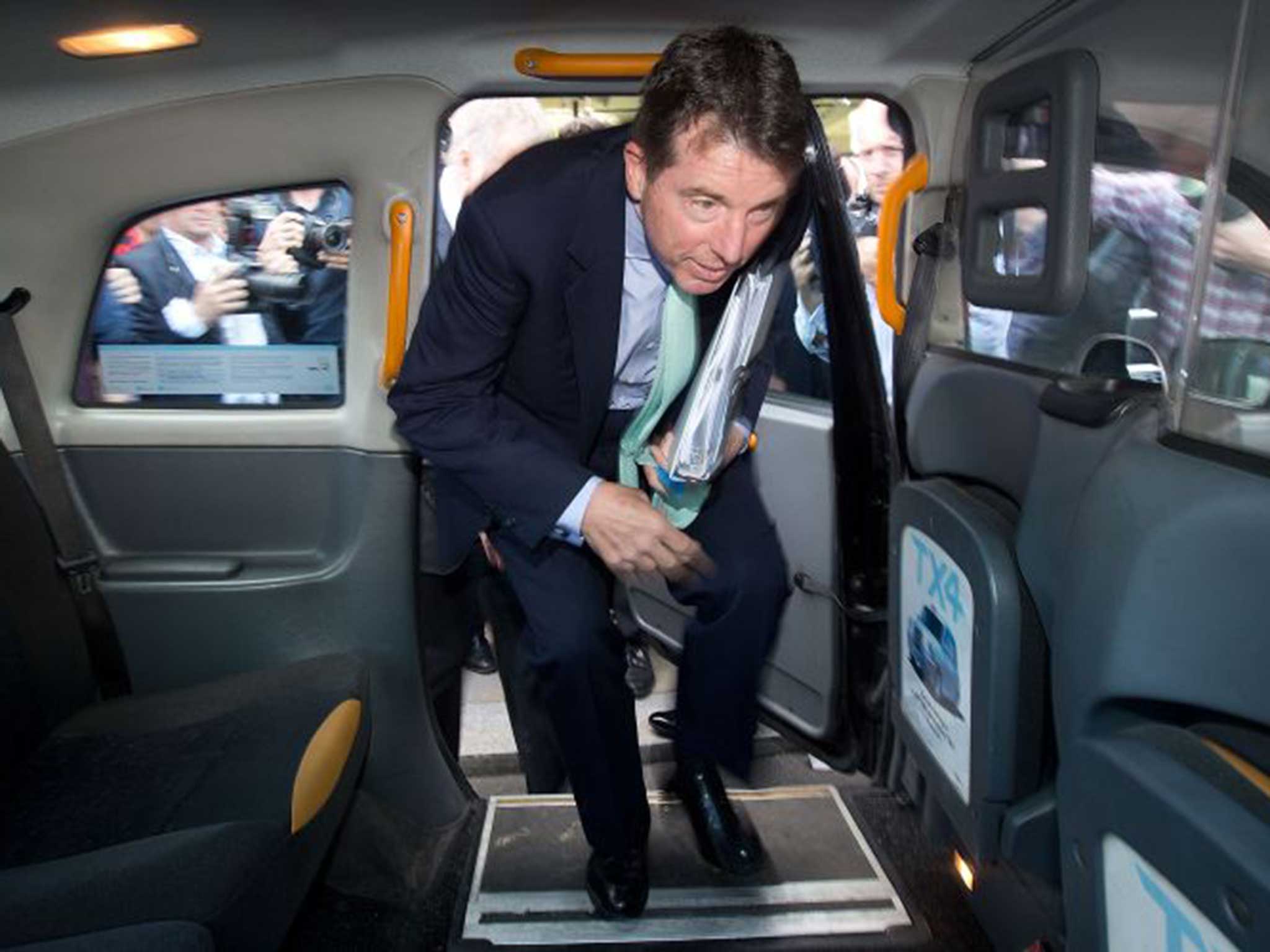Bob Diamond’s African odyssey takes him back to Barclays
The British bank is offloading a big stake in its African business. And who is sniffing around? None other than Barclays’ former boss Bob Diamond, reports Michael Bow

Back in 2011, 10 months into his tenure as chief executive of Barclays, Bob Diamond gave a revealing insight into his time roaming Africa as the new boss of the British banking giant. “In Africa, it is clear from the meetings I have with political leaders, central-bank governors and businesses that they value the contribution the financial-services industry makes to a growing economy,” he said.
If it wasn’t a rebuke to central bankers in the UK, it certainly sounded like it. Eight months on from his ode to Africa and the Bank of England had quietly forced Mr Diamond to release his grasp on the venerable British institution amid recriminations over the Libor rigging scandal. He quit – or was forced out – ending one of the most colourful tenures at the lender.
Now the “unacceptable face of banking,” as Lord Mandelson dubbed him, is back on the hunt for deals in Africa – and Barclays, ironically, could be his next target. Mr Diamond is believed to be drawing up plans to bid for a slice of Barclay’s African business outside of South Africa after the group announced this week that it would sell off interests in the continent after 100 years.
The move sent shockwaves through the City, setting up a mouth-watering battle of business wits between the new Barclays boss, Jes Staley, and Mr Diamond, who still casts a long shadow over the lender. The looming battle has the hallmarks of corporate soap opera. Mr Diamond’s PR advisers decline to comment on the rumours.
Will Mr Diamond swoop for Barclays Africa? If he does, the veteran investment banker will have to put to rest doubts about his ability to do the deal. The first problem is cash: there are questions about whether Mr Diamond has enough firepower to mount a serious bid for Barclays’ African businesses, which have a £1.5bn price tag.
Mr Diamond is pursuing his African M&A adventure through Atlas Mara, which he floated as a shell investment vehicle on the London stock market in December 2013 with the African entrepreneur Ashish Thakkar. The company has acquired interests in five organisations so far, giving Atlas a footprint across seven African countries. These include big stakes in Union Bank of Nigeria and BankABC.
The group is also set to merge BRD Commercial and Banque Populaire du Rwanda after taking over both last year. It also recently agreed to buy Zambia’s sixth-biggest bank, Finance Bank of Zambia.
Despite turning its first profit last August – registering a £2.7m swing into the black – the outfit is still tiny compared to other potential suitors. Atlas has raised $625m from investors through a $325m flotation on the market and $300m private placement, but it would have to raise double that amount to mount a serious challenge for Barclays’ African interests, which are likely to attract the interests of other lenders in the region.
Yet Mr Diamond is supported by a host of US mutual fund managers with deep pockets and they could aid him in his quest. Wellington Asset Management – one of the oldest asset managers in America – is Atlas Mara’s top shareholder, followed by other blue-chip fund managers such as Guggenheim and Janus. The commodity trading giant Trafigura is also a substantial shareholder, with a 6 per cent stake. The groups would be top of the list for any future capital raising, although sovereign wealth funds and other wealthy backers could also enter the fray to arm Mr Diamond for his next assault.
The second problem is the mismatch between Barclays’ ambitions and those of Mr Diamond. Barclays Africa was formed in 2005 when Barclays merged its existing operations with South African lender Absa. The group now operates as a standalone bank listed on the Johannesburg Stock Exchange, with its own board and chief executive, Maria Ramos. Barclays owns 62.3 per cent of shares in the listed group, but regulatory woes mean it is hoping to trim back that to nearer 20 per cent to reduce the amount of capital it has to hold against.
Selling subsidiaries of the business is no guarantee of lowering the capital requirements on the bank while a sale of Barclays Africa shares is. Given Mr Diamond’s preference for investing in standalone banks, it remains to be seen whether Atlas would want to take an equity stake in Barclays Africa alongside Barclays and other shareholders.
The final hurdle could be the perception of Mr Diamond rearing his head at Barclays’ door. Its new chief executive Mr Staley is the man behind the new strategy to shed its African business, one of Barclays’ four biggest divisions and one of its best-performing businesses.
Selling to Mr Diamond a part of Barclays’ business which performs well could prove controversial in an atmosphere where banks are still under the spotlight of MPs and regulators.
“I know Barclays’ business in Africa from the time I was there,” Mr Diamond told Bloomberg earlier this week. “I respect it as a competitor of that business now. Barclays in Africa is a terrific platform.”
Mr Diamond’s presence at Barclays has lingered well beyond his tenure as CEO. Now it looks like the bank’s former boss will continue to haunt Barclays for many more months to come.
Join our commenting forum
Join thought-provoking conversations, follow other Independent readers and see their replies
Comments
Bookmark popover
Removed from bookmarks